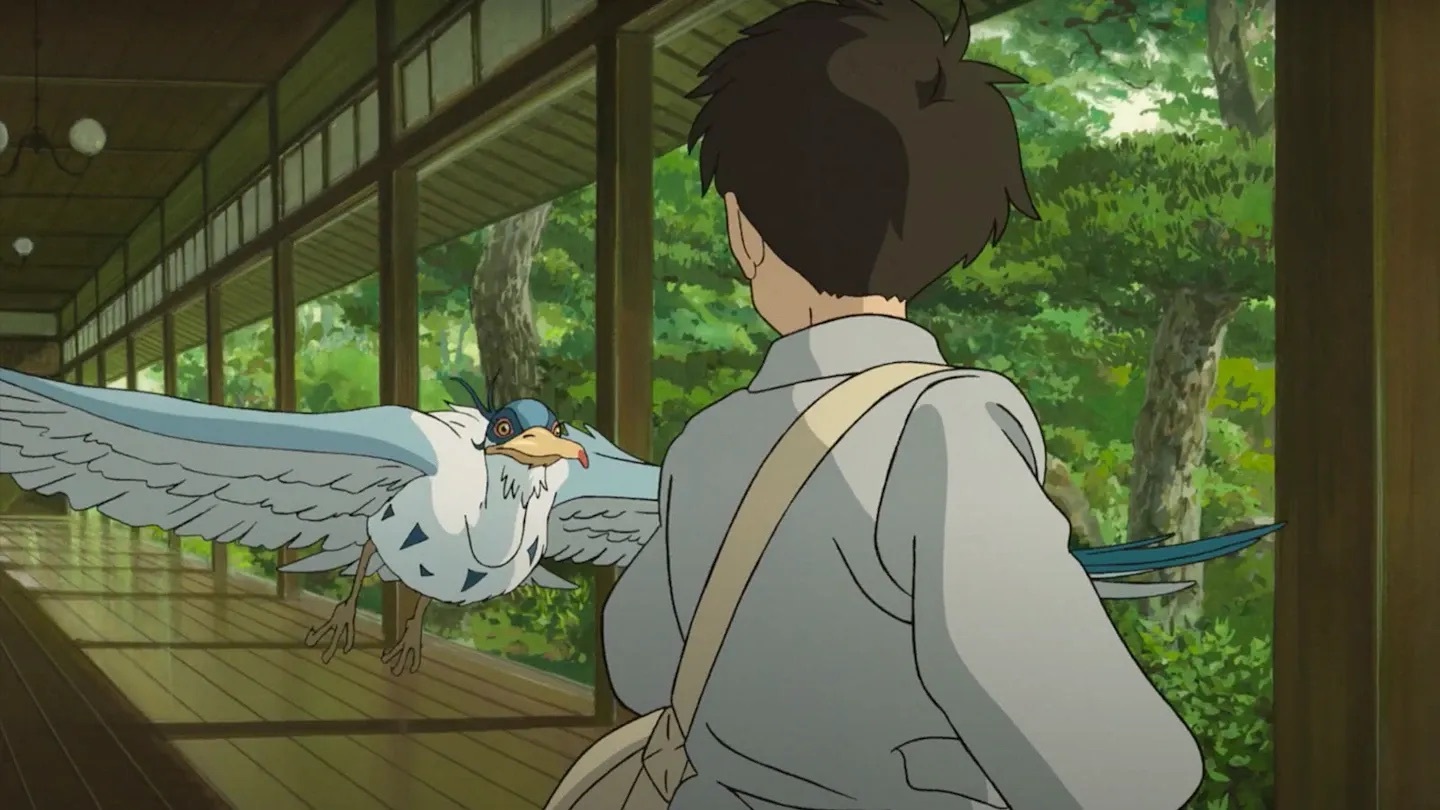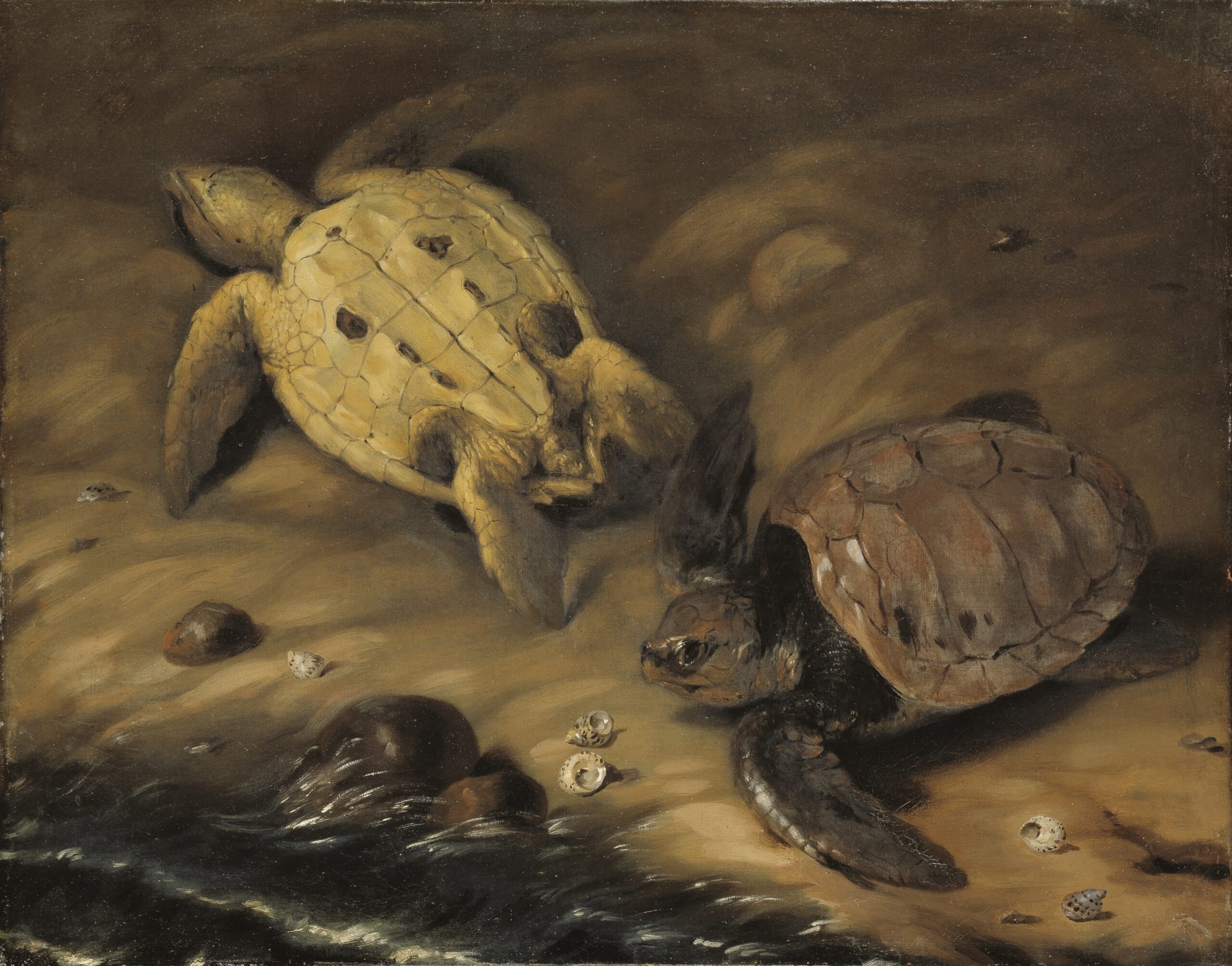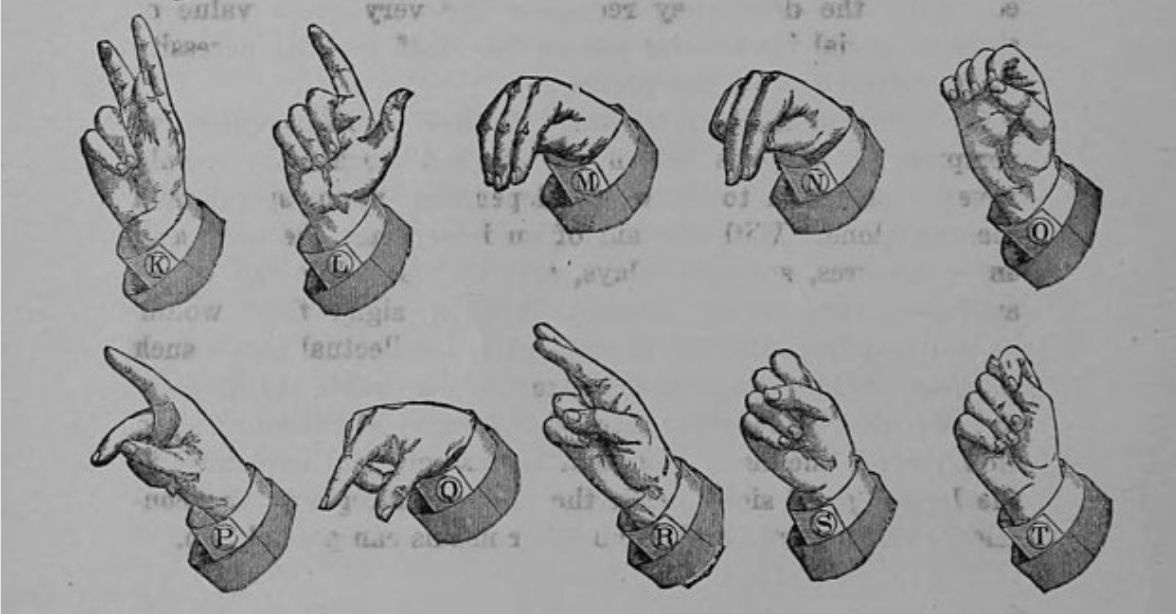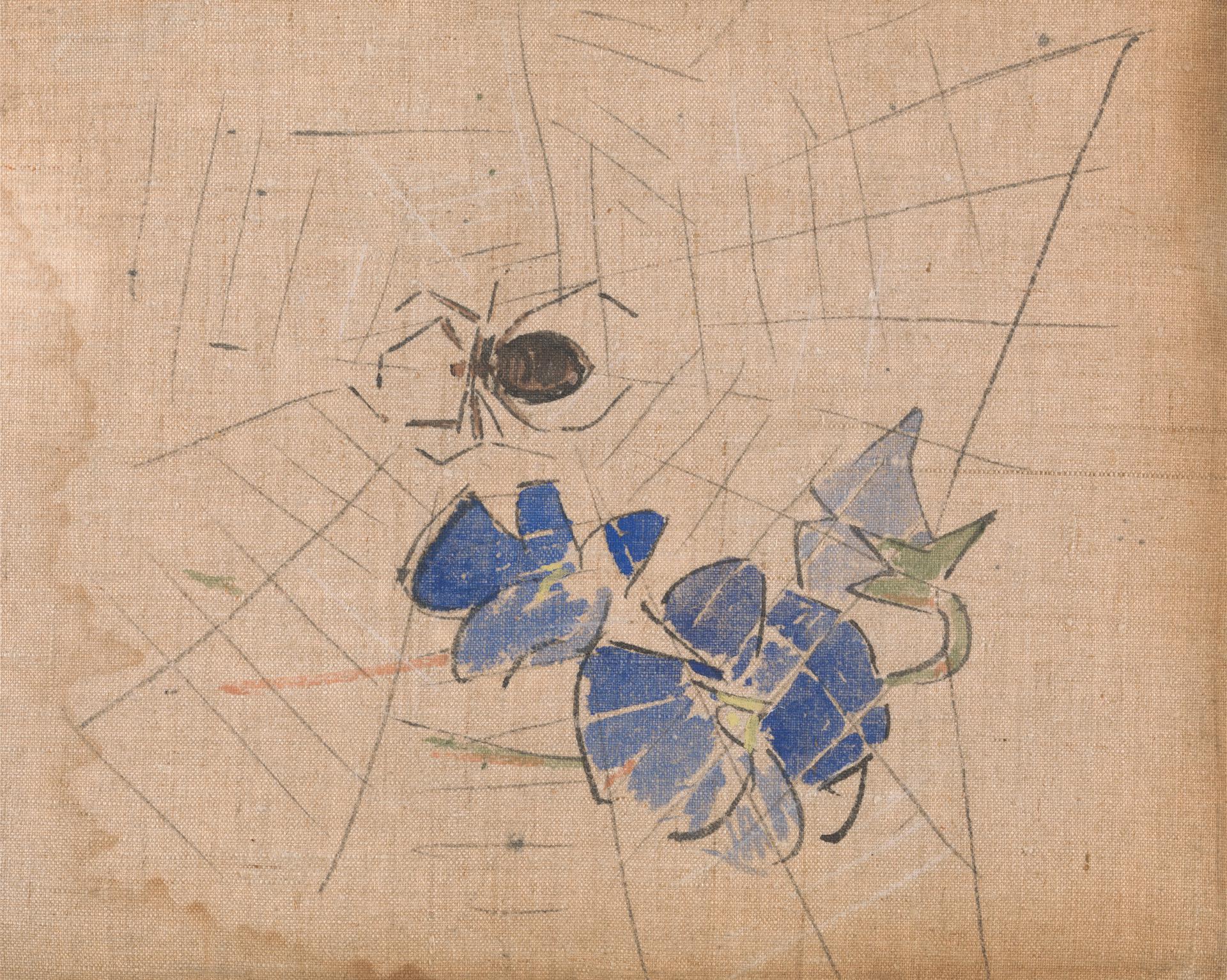I am staying at my mother’s house. California is on fire. My children and I live in a tent in the woods. There is no way to keep the smoke from the wildfires at bay, no matter how much we stretch the canvas door, the buckles snapping shut, threatening to pinch little fingers. The tipi is worse. The door just hangs in front of a round gaping hole like a dead leaf on a broken branch. The top of it is open to the stars.
At my mother’s house in the city, there are walls. There are windows we can shut, even though the glass is so old the sunlight shines through the slowly falling glass unevenly, the thicker parts of the window pane holding tightly onto the light. The front door is always locked.
At times, my daughter, the 10-year-old who has lived outside during wildfires, clamps her hands over her ears and complains of high-pitched sounds hurting her head, which I can not hear. My husband says it’s the sound of electricity or wifi, something that she’s unaccustomed to living with. She coughs. Her chest hurts.
We have lived outdoors in a tent or tipi for over seven years. Off-grid, without even solar electricity or running water. Just heat from the wood of the trees, a canopy of brown and green cools us, heats us, drips water that we collect at the base of wide trunks. We save our money. Take turns holding part time jobs, while the other one home schools the four kids, coaches soccer, culls the dead trees for firewood.
My mother’s boyfriend shuffles into the kitchen. I can hear him coming before he enters the room, while I stand at a too-high counter chopping the last root vegetables we brought with us from the land. The kids call these chopped carrots “candy” because they’re so good.
He says, “My sister’s in-laws just lost their house. They just got out with their meds and the clothes on their back.” He is stirring orange Metamucil in a red plastic cup. My mother is upstairs watching TV. Too frail or overwhelmed by our presence to come down. He gulps down the contents of the cup and throws it into the sink. “Your mother wanted me to remind you not to eat any of the food in the freezer. Or the bins. If you need drinking water, we have some upstairs.”
“OK. Thank you,” I say. He shuffles away past the futons laid out in the living room beside couches where we will sleep.
We are trying to make the best of our situation. We’ve had a lot of practice over the past decade or so, ever since my daughter was diagnosed with some disorder while showing signs of various mental health issues that bring up the painful memories of my husband’s childhood.
My older daughters play pass with a soccer ball in the living room. A very focused one-touch between the couch and the coffee table. Bap, bap, bap, bap. The thumping goes on and on. Even in their wildest dreams, I bet the neighbors that share a wall with us couldn’t imagine what was going on in here.
Soccer is my eldest daughter’s obsession. Ten years ago, when she was 4, the specialists gave us a list of things to do for her: brush her skin with a specific brush in a specific way, carry heavy objects in her little outstretched arms, buy a contraption to hang from the ceiling she can spin in, buy a weighted blanket to lay on her. Most of the suggestions involved purchasing something. We found that she was most calm when she was outside, testing the edges of her body between branches, the bark beneath her naked feet, or a ball bouncing off the top of her knee.
I open my Facebook page. There’s a story about a woman who went to the store to buy some cat food and left her dog on the couch curled up with the kitten. When she returned, the streets were blocked, and all she could do was stand there as her house and her pets burned to the ground. There is a picture of the world on fire, yellow hats illumined by the flames.
“At least we still have our dogs,” I say to my husband as they howl in the van as someone walks by on the street. For days now our wolf dogs have had to stay in the car. We tried tying them in the backyard. As soon as I shut the back door, I heard honking, a few shouts. When I opened the front door, there was one dog with something furry in her mouth. A couple hours later we saw her brother trotting down the sidewalk with a smile, the chewed up rope trailing behind him.
He has been the source of the destruction of a couple of our cars now. An old Subaru Outback now gutted. The interior is solely metal. The children like to touch the ceiling with the exposed wires dangling from it, to see if it will help us get a radio station. It doesn’t. The 1982 diesel Isuzu I-Mark, which was never the best thing to pile kids and two dogs in, has a cracked windshield from the head of our dog going after a black Shepherd pulling its owner on a skateboard in the street. Yet still, I love that car.
“It’s not safe,” my husband says. “It was made before there were SUV’s driving 90 on the highway while texting. You got to understand. People keep building things up protecting us from the elements. Look at the houses now, not just the new cars. Even in a federal emergency, no one has to stop what they’re doing. So we’re just gonna keep on burning and people are gonna just keep on going to work.”
My husband is brushing my daughter’s teeth. He doesn’t exactly look happy.
“Why don’t we look for a car while we’re here?” I suggest opening the Craigslist page.
He raises his eyebrows at me while my daughter, with a mouth full of toothpaste, is desperately trying to go out the back door. “What are you doing?” he asks.
“I need to spit! I need to spit!” she is screaming with white stuff oozing from the corners of her lips.
“In a house, you use the sink, Stupid,” says my eldest. The 6-year-old realizes her mistake and runs to the sink. We’re all laughing. We all miss our toothpaste-splattered Doug Fir sapling, like a strange Christmas tree we adorn at the same time nightly. So we’re all laughing.
My son gazes into the toilet mystified by the swirling water. “Where does it go?” he asks. Even though I have explained how it all works, he still stood at the back door earlier, smacking the glass windows to get let out to pee like a stubborn cat, the urine leaking down his legs into his cleats, the only shoes he owns. Here, we lock all the doors so no one can go outside into the smoke.
A thousand acres are burning. A thousand people missing. How many bodies now are ash settling in our hair?
“Look!” I say. “There’s a mini van for sale 15 minutes away. We could all fit in it!”
Ever since the fourth child was born we’ve had to pile into two cars to go anywhere, if we wanted to go anywhere at the same time. My husband and I realized how much we used the time driving to talk to one another. Now, we no longer talk because we’re never in the same car.
Before we evacuated, I grabbed the can I stashed beneath the platform in an old Woodrat’s nest that my dog dug out. There are 40 hundred-dollar bills rolled into a tube, many months worth of tips that I’ve saved waiting tables. Because you never know when you might want to buy a used car when you’ve evacuated during another wildfire.
We drive to a suburb to look at a car (we’ve left the eldest at my mother’s), and I am happy because now I can talk to my husband. “We need to figure out what we’re doing with our lives,” I say from the passenger seat, double checking the right lane as he exits the freeway.
“What do you mean? We’re living them,” he says. “Move your head out of the way. I can’t see.”
“I miss home,” I say smashing the back of my head against the headrest.
“I wanna go home,” says the youngest mostly to himself, his faced smashed forlornly against the window, watching the large similar houses pressed into the hillside passing by. “But too ‘moky.”
“Do people actually live in those?” the 6-year-old asks in awe.
“Yes,” my husband says. “And sometimes only two people might live in one of those.”
“I hate these fucking places,” I say turning off the radio.
We are winding our way around a reservoir. The sides of it are all brown. The bottom is covered in a little water and green algae. A brilliant green golf course with rolling hills borders the reservoir on one side.
“It looks like a man-made water holder,” the 10-year-old says.
“You mean a lake?” I say sarcastically.
“It’s called a “reser vwah,” my husband says in a mock accent. “What is the ter vwah of your reser vwah?”
I do not laugh but the children do. “I hate these fucking places,” I think again, turning the radio back on.
I grew up in a city where kids from suburbs like these came in their new old clothes to steal our spots on the Avenue begging change, picking fights, buying the schwag that we were selling. They wouldn’t give me props because I’m Asian. But what did they know about a Korean adoptee on the streets, her Chinese American parents just a block away with their doors locked to me.
But that was a long time ago. Now, I’ve made myself another home, another life without closed doors. I think about all the people who have done the same whose houses are burning as we drive. I think about the land where we live, with its seasonal creeks making little water falls and musical pools in the gully when it rains. Nothing is a straight line or a straight curved line like the contours of this golf course. Even our hills are jagged. And when the sun comes out after it rains, the vultures sunning themselves on the snags, the dry trees holding up an impossible blanket of smoke, while nearby, their brethren are burning. Our brethren too. Although we try to forget, but especially when it comes to matters of the earth, truly, what’s mine is yours and yours is mine.
The man who stands waiting for us at the bottom of the driveway is big chested. His two little white-haired boys play too close to the street. We park across the street next to the golf course. My children get out and climb on pipes, presumably for irrigating the golf course. They wind their fingers into the fence and stare at the white haired men around a hole.
“Is that golf?” one asks, although they all pronounce it “goalf.” The dogs bark when the ball flies.
“Stay there!” I yell at them as my husband crosses the street. It’s one of those suburban streets in the hills. Not much traffic, but windy, and to my tastes, terrifying. “Don’t cross the street! You hear me? Make the sure the dogs are tied down in the car! Close the doors! Go inside the car and wait!”
The white-haired boys run across the street to check out my black haired children, their dirt streaked faces, grubby bare toes stuck into the fence. “I need to give them a bath,” I think. The boys run back across the street.
“My wife and I are having another kid,” the man says without introducing himself. “We just bought a new mini van. $23,000. Can you believe that? We only really drove this one to the store. We both work in the financial district so we usually take the train.” My husband gets into the car to test drive it. He looks small in the drivers seat beside the big chested one. All my children run across the street after they leave.
The wife never comes out of the house although I can feel her watching us from inside. Her boys run across the neighbor’s yard to play in the bottom branches of a tree. I sit on their steep concrete driveway on the ground with my children. I hiss at them, “I said, ‘Don’t cross the street.’”
“What street?” says the 6-year-old, honestly ignorant.
I sigh.
“Look, ma! Junco!” says the youngest. He is in this phase where he can identify any bird by its call. A friend of mine said her son went through a similar phase where he could identify cars by their sound. “Peyeated Woodpecka,” he’ll say. Or, “Baawd owh,” or “Ospwey,” and he’s almost always right.
My 6-year-old daughter gets tired of the concrete driveway and tromps across the neighbor’s front yard as well. She kicks off her shoes and, like a monkey, begins to climb to the top of the tree above the boys. The neighbor, an old man who I didn’t notice before, yells out, “She must be from the country. Only country kids can climb like that.” And I feel a a moment of pride.
Most of the time when I’m out with my kids, I feel a little self-conscious: They have more dirt on them than most kids. The youngest has never had a shower in his life. They act just a little different when they’re out and about. They gawk at other kids on their devices, intensely watch the delivery drivers with their loaded dollies, and are always asking amusing and insightful questions. I forget to appreciate how unique they are in the way they move in this world, and in their bodies, and how they think about things.
When it’s my turn to test drive the car, I ask the man, “How long have you lived here? Where did you live before? How do you like it? Where are you from?” I’m a waitress. This is my job: to get to know who and what a person is in a very short time. The car is a 2000 Toyota Sienna. Of course, there is nothing not to like. It fits all of us. It’s here. I have no questions. They’re asking $4800.
When his wife comes out of the house I ask her, “When are you due? Do you know if it’s a boy or a girl? Where did you and your husband meet?” I know I might sound rude but I can tell that they’re the kind of people who are relieved to be able to talk about themselves. She says they met in Kazakhstan where her family lives. “You are Kazakh?” I ask. I once waited on a woman from Kazakhstan with dark brown hair and a wide face like mine. We had agreed that we looked like we could be sisters. I was overjoyed. I had never met anyone who looked like they could be my sister before.
But this pale blond woman says, “No. I am not. I am Russian,” and walks back in the house.
Sometimes people ask me if I’m Russian because of my name. There was a Russian woman who worked at the food pantry we used to go to, before I got the waitressing gig. She looked at my name on the ID card, then scrutinized me closely.
I said, “My mother likes Russian names.”
In a strong Russian accent, the food pantry woman said, “That was my daughter’s name.” She told us all about her daughter as she filled our bags with battered cans and day olds, as the people behind us in line began to complain to one another about the amount of time it was taking. As the Russian food pantry woman continued talking about her daughter, it became apparent that this woman’s daughter was no longer with her, and that her daughter was eternally 4, the age of my third daughter who stood clutching onto my jacket. She walked us to our car and stood there waving as we pulled away.
Later that night, in the tent, I woke up for some unknown reason. Just, all of a sudden, I was wide awake, the others sleeping sweetly in their bags beside me, the barred owl in the canyon: “Who-cooks-for-you” is the cadence of his call. And half asleep, yet wide awake, I heard the Russian food pantry woman calling my name. It was clearly her voice calling me. She called a couple more times, with urgency, and then her voice dissipated into the sounds of the night time forest. Then I realized it wasn’t me she was calling. Her longing for her, “Sasha,” her daughter, was so strong that I could hear it. Does that mean that when the suffering of others is so strong, we too can at least feel it, even if we can’t hear what’s being said?
I cried then, with the owl still questioning, the tree frogs singing, the night continuing with its nightly things. I cried feeling the pain of this woman who lost her child, of my own mother who gave me away. I cried with the heart of a mother who feels death and love simultaneously, tickling her from the branches of the trees.
When I walk into the woman’s house to talk about the car she is cleaning the kitchen. “I knew you weren’t Kazakh because you don’t speak Russian,” she says. “I thought you were Mongolian at first. Do you like the car?”
My husband and I look at each other. We both know what the other is thinking and what we’ll decide without having discussed it.
“Yes. It’s a great car,” I say leaning against the kitchen counter, almost feeling like I should offer to help wash dishes. “Are you guys planning to stay here for awhile or will you go back to Kazakhstan?”
“No,” she says pausing to rub the bump of her belly. “This is home. What could be better than California?”
“I guess,” I say.
“Other than the fires, of course,” she says pausing. Then adding, “And the earthquakes.”
“Or the droughts.” I say.
“And the floods,” she says. And we laugh.
We look out her kitchen window at our children playing together now with a football. My son is trying to kick it. The 10-year-old is yelling at me through the glass, “How can they even call this a ball?” pointing at its tips. “It’s not even round!”
Her husband walks into the kitchen. “Let’s say, we will give it to you for $4000?” he says looking at his wife. She nods.
My husband and I exchange glances. He raises his eyebrows.
“Sure,” I say nonchalantly and open the can handing them the roll of curled hundreds. “This is all the money we have,” I think. “But now, at least we can all get into one car and drive home together, after the smoke’s cleared.”
Image: Flickr/Jeremy Miles








